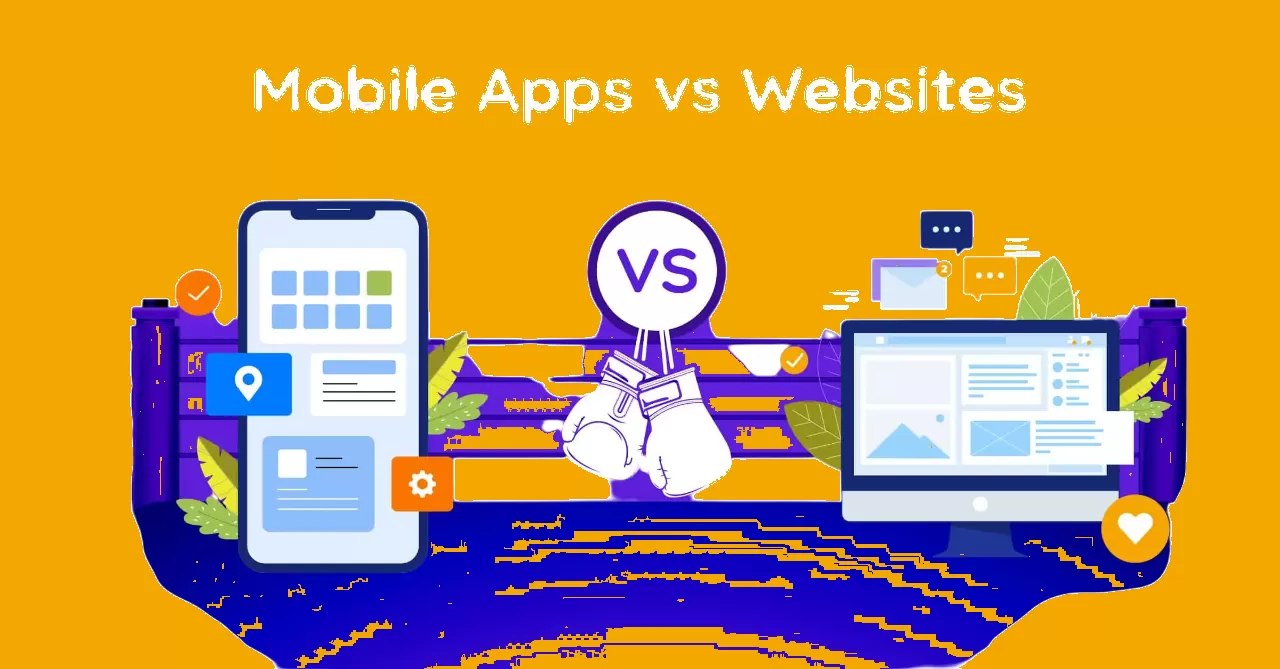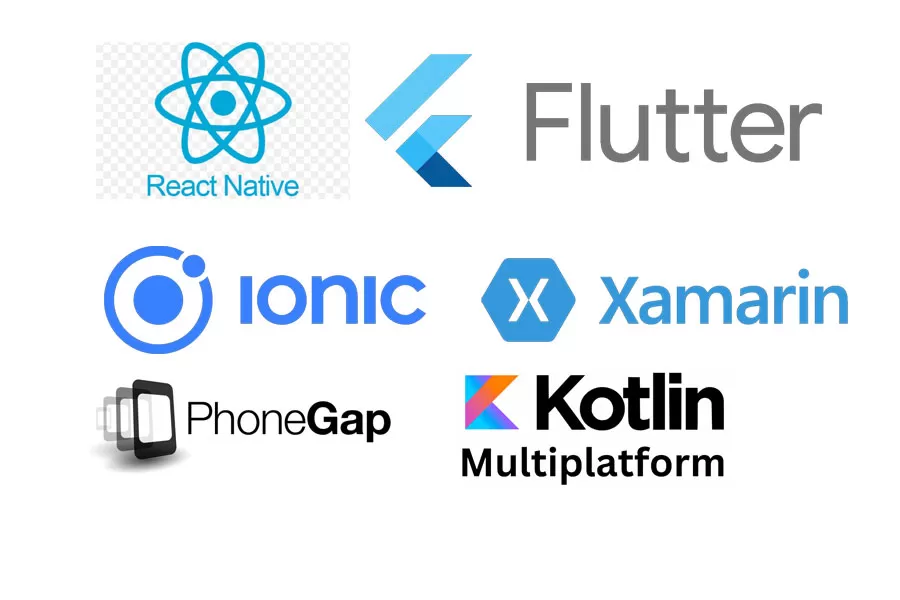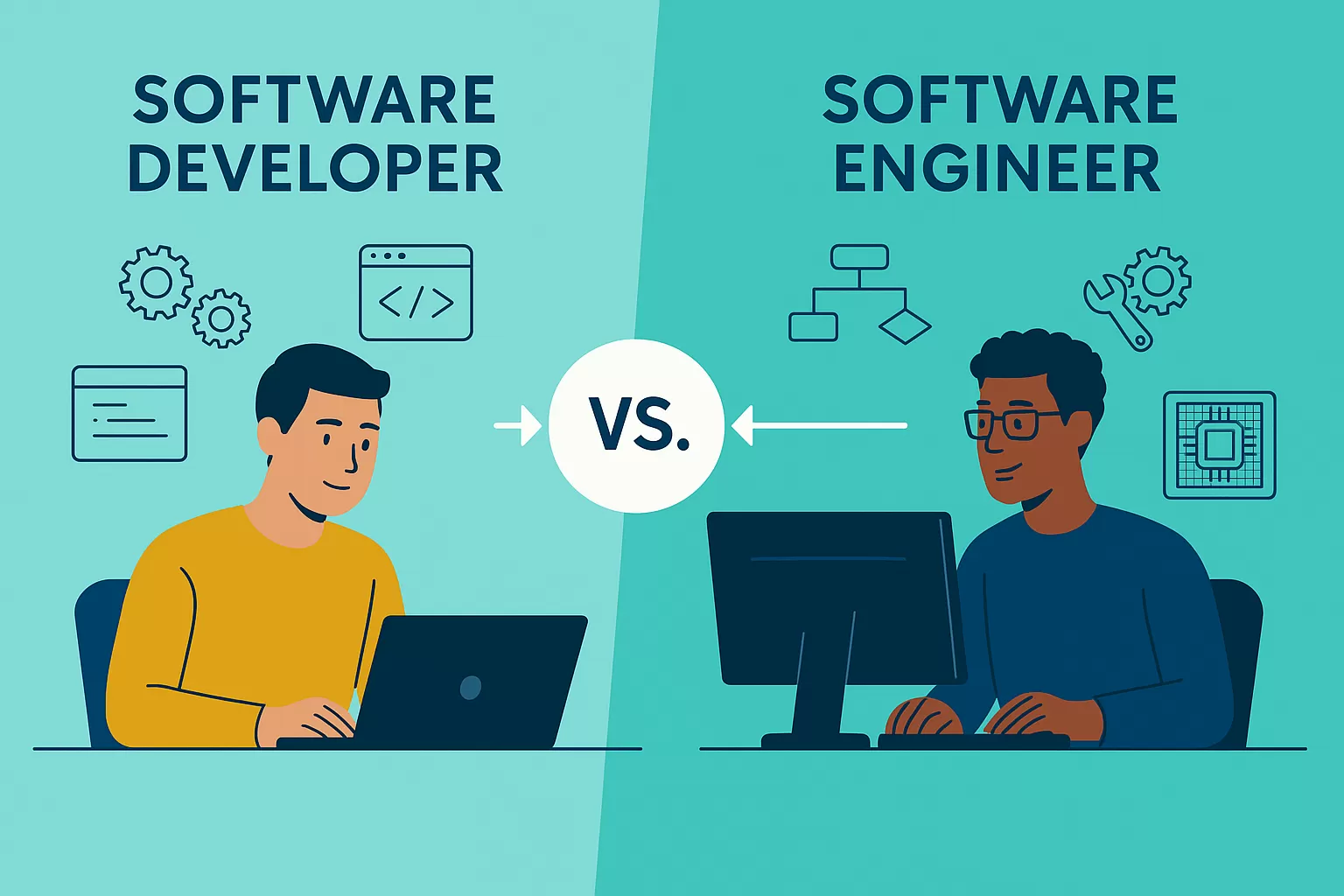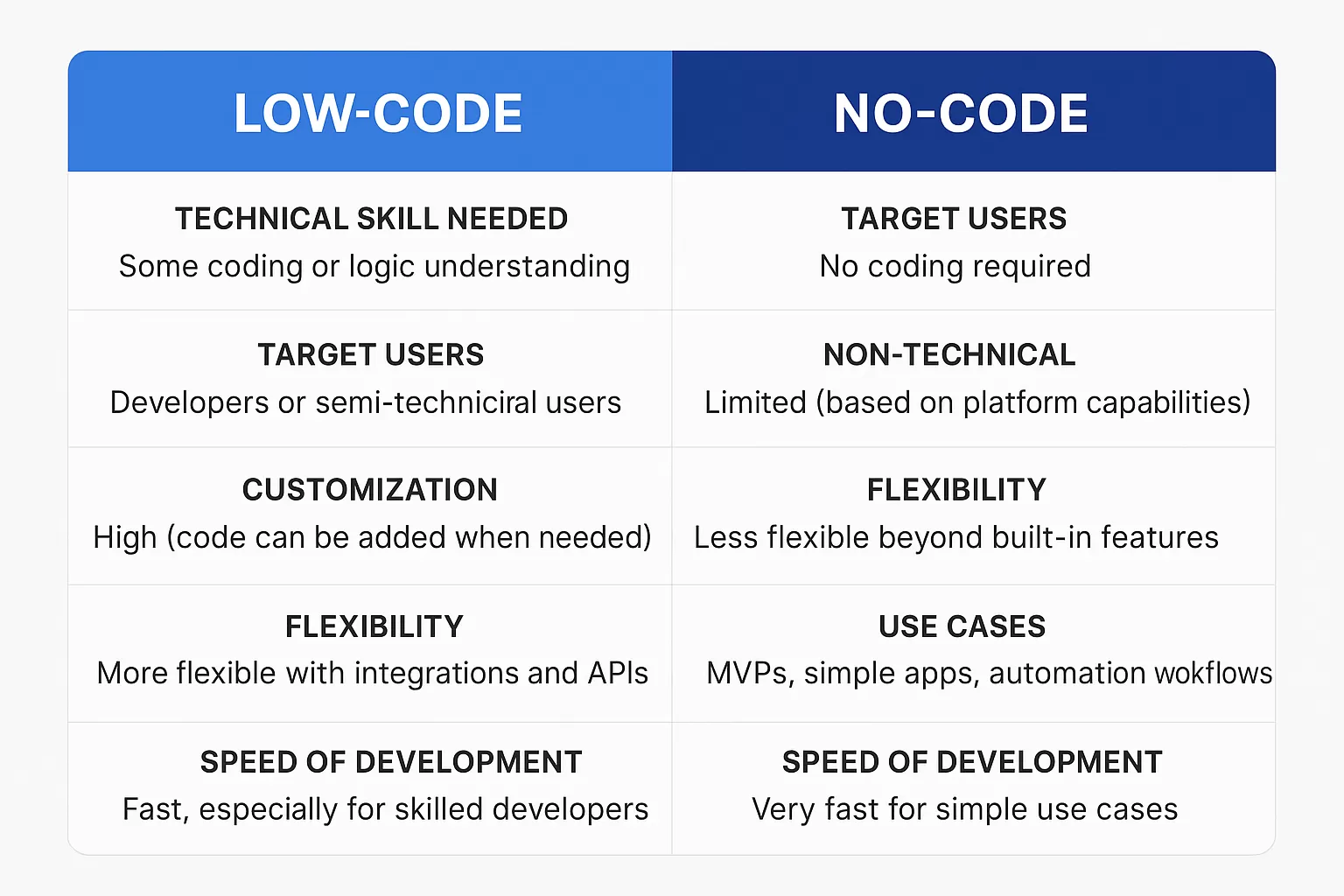
- Services .
-
Hire Developers .
- Industries .
- Company .
Explore detailed insights, expert opinions, and updates in our blog. Stay informed, discover new perspectives, and enhance your knowledge with every read.

In today’s digital-first world, businesses are faced with the decision of whether to build a web app or a mobile app for their customers. Both options come with their own unique advantages and challenges, and the choice between them can significantly impact user experience, business goals, and budget.
In this blog, we’ll dive into the key differences between web app development and mobile app development, so you can make an informed decision on which path is best suited for your business.
1. What is a Web App?
A web app is a software application that runs on a web browser, meaning users can access it through a URL without needing to download anything. These apps are usually built using web technologies like HTML, CSS, and JavaScript and can be used on various devices such as desktops, laptops, tablets, and smartphones.
Examples of web apps include:
Key Features of Web Apps:
2. What is a Mobile App?
A mobile app, on the other hand, is a software application designed to run on mobile devices such as smartphones or tablets. Mobile apps are usually downloaded from app stores (like the Apple App Store or Google Play Store) and installed on the user’s device.
Examples of mobile apps include:
Key Features of Mobile Apps:
3. Key Differences Between Web App Development and Mobile App Development
| Feature | Web App Development | Mobile App Development |
|---|---|---|
| Platform | Runs on web browsers across multiple platforms. | Runs on mobile operating systems (iOS or Android). |
| Development Cost | Generally lower due to a single codebase. | Higher due to separate development for iOS and Android (or cross-platform tools). |
| Installation | No need for installation, accessed through a browser. | Requires download from app stores and installation. |
| User Experience | Can be less responsive and slower than native apps. | Provides faster performance with smooth, optimized UX for mobile devices. |
| Offline Access | Requires an internet connection to function. | Many mobile apps offer offline access for certain features. |
| Updates | Automatic updates are done on the server. | Users need to download and install app updates manually. |
| Access to Device Features | Limited access to device features like camera, GPS, sensors, etc. | Full access to hardware features such as camera, GPS, sensors, etc. |
| Development Time |
4. Advantages of Web App Development
a) Cost-Effective
Since a web app is designed to work across different devices and browsers, you only need one codebase, reducing both development and maintenance costs. This is particularly beneficial for small businesses or startups looking for an affordable solution.
b) Cross-Platform Compatibility
Web apps are accessible on virtually all devices with a web browser, meaning users don’t need to worry about which operating system they’re using. This makes it easier to reach a broader audience without the need to develop multiple versions of the app for different platforms.
c) Instant Updates
With web apps, you don’t need to rely on users to update their app manually. Updates are implemented on the server-side, meaning all users automatically access the latest version of the app without any action required on their end.
d) No App Store Approval Process
Web apps are not subject to the app store approval processes, which can be time-consuming and may involve additional fees. This gives businesses more control over the release and distribution of their app.
5. Advantages of Mobile App Development
a) Better User Experience (UX)
Mobile apps are optimized for mobile devices, providing a smooth and responsive user experience. They can leverage device-specific features like push notifications, camera functionality, GPS, and motion sensors, enhancing the overall experience.
b) Offline Access
One of the key benefits of mobile apps is the ability to function offline. This is particularly useful for apps that require access to important information or content without relying on a constant internet connection.
c) Faster Performance
Mobile apps are usually faster than web apps, as they’re installed on the user’s device and are optimized for mobile performance. This can result in a smoother, more seamless experience, especially for apps that require intensive resources, such as gaming apps or media-rich applications.
d) Access to Native Device Features
Mobile apps can integrate deeply with the device’s hardware and software, allowing access to features like camera, location tracking, biometric authentication, sensors, and more. This makes mobile apps ideal for businesses that need advanced features that go beyond what web apps can provide.
6. When Should You Choose a Web App?
Consider choosing a web app when:
7. When Should You Choose a Mobile App?
Consider choosing a mobile app when:
8. Which One is Right for Your Business?
The decision between web app development and mobile app development depends on several factors, including your business goals, budget, target audience, and the features you need. If you need a broad, cost-effective solution that can be easily accessed by users across different devices, a web app may be the right choice. On the other hand, if you require more advanced features, a polished user experience, and offline access, a mobile app might be more suitable.
Ultimately, the decision should be based on your specific business needs, timeline, and available resources. Many businesses even choose a hybrid approach, offering both web and mobile apps to maximize reach and functionality.
Conclusion
Both web app development and mobile app development have their own set of advantages and challenges, and the right choice for your business will depend on your specific goals and requirements. Whether you’re looking for a cost-effective, cross-platform solution or a high-performance app that takes full advantage of mobile device capabilities, understanding the differences between the two will help guide your decision and ensure the success of your app.

How to Economically Hire Web and Mobile App Developers

Cross-Platform App Development Guide for Startups

Custom Web Application Development Guide for Startups

AI in Foreign Policy: Transforming Global Diplomacy

How AI and 5G Are Reshaping the Future of Telecom

How AI Is Shaping the Future of Entertainment Content

Solving Tech Debt: Smart Strategies That Boost Growth

Software Developer vs. Software Engineer: What’s the Difference?

Low-code vs. no-code app development

What Is Digital Transformation? A Modern Business Guide